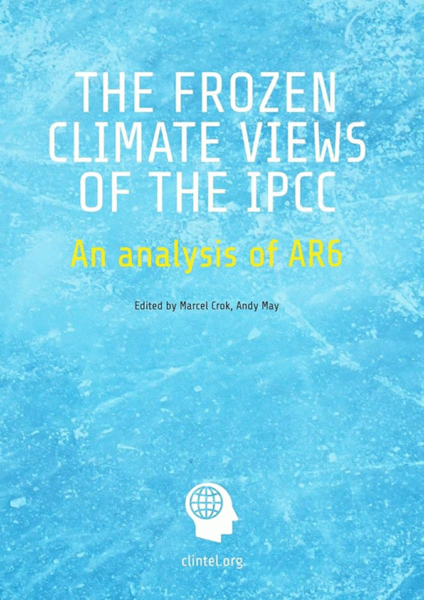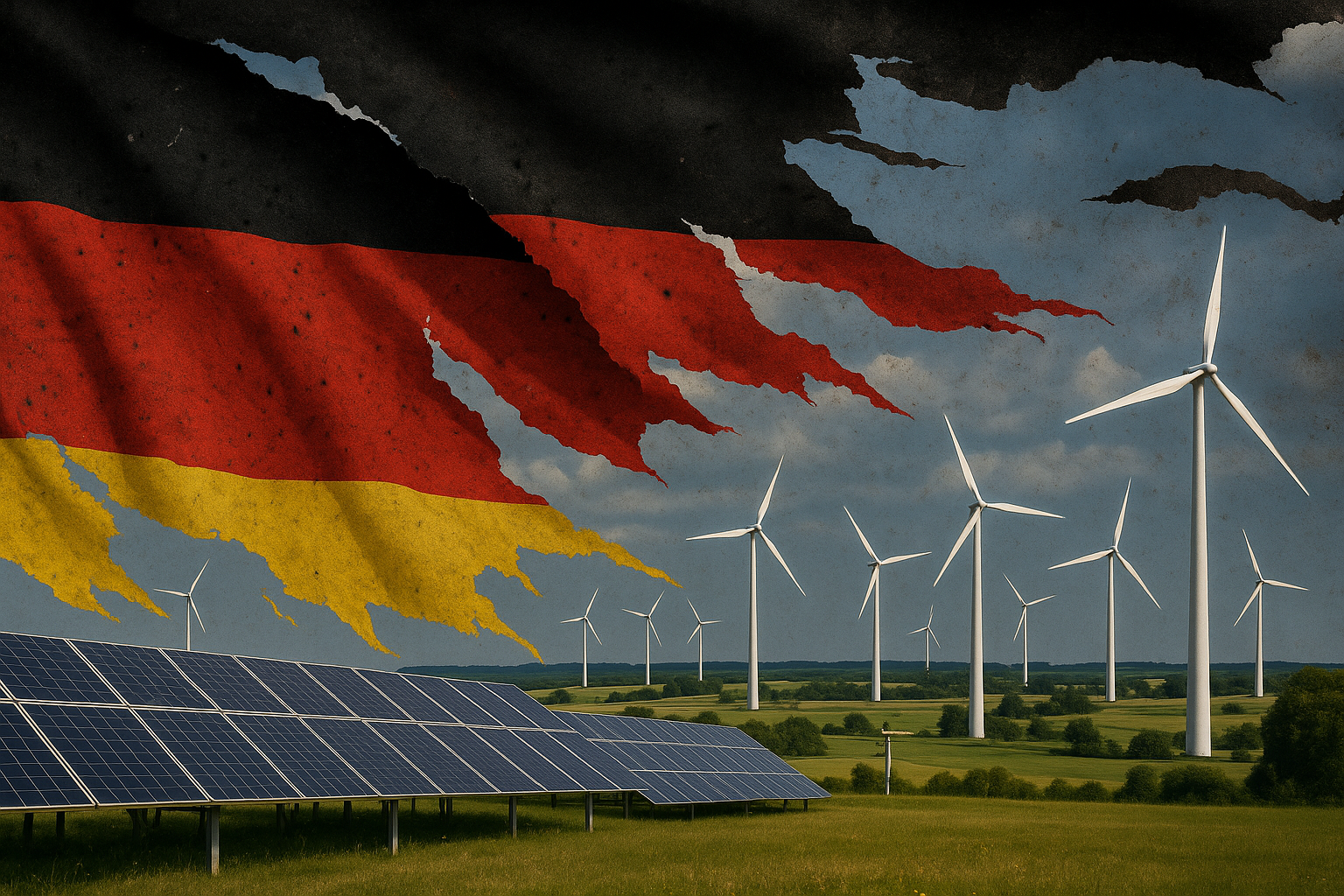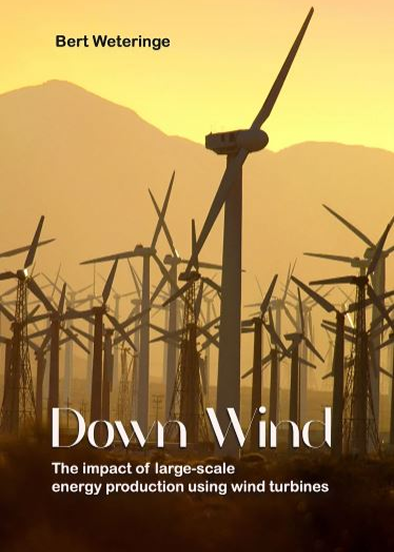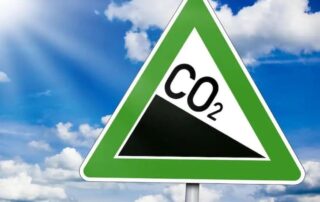Green Depression: German Companies Fight For Survival – Insolvencies Reach Peak In October!
With corporate bankruptcies surging to an October peak, German businesses are struggling to survive amid escalating energy costs and the pressures of the green transition.
BlackoutNews here reports that the German economy is currently battling massive turbulence as the latest figures on corporate insolvencies reached peaked in October 2025.
The German middle class, in particular, is increasingly coming under pressure amid the ongoing slump.
The wave of insolvencies is not hitting all sectors equally. Particularly hard hit: tranport, construction and restaurants and catering services.
In early August 2025, authorities reported 1,979 corporate insolvency applications, which corresponds to an increase of over twelve percent compared to the previous year. At the same time, creditor claims surged to a staggering €5.4 billion. Adding to the burden on society: With 6,132 consumer insolvencies, this figure is also rising significantly.
High energy prices
According to Blackout News, the reasons for this dramatic increase are multifaceted and reinforce each other. No.1 are the painfully high energy costs and rising raw material prices. Green energy has made energy among the most expensive in the world.
The economic woes has led to low domestic demand which particularly affects retail and service providers.
Crippling bureaucracy and slow approval procedures are also to blame as they hinder urgently needed investments.
Future looks bleak
Experts expect around 24,500 corporate failures for the entire year 2025, the highest value since 2015.
A rapid recovery is nowhere in sight. Allianz Trade has dampened expectations and forecasts a possible improvement starting only in 2027 at the earliest, contingent on state stimuli and geopolitical stabilization.
Without fundamental changes—such as investments in location attractiveness, a more stable energy supply, and tax simplification—the German economy faces a permanent loss of substance. The current development is an urgent wake-up call for politicians and businesses alike.
Germany serves as an example of how not to manage energy supply and economics in a country.
more news
The Net Zero Transition Is a Tax on the Air You Breathe
Net zero policy is rapidly becoming a tax on the air we breathe, while ignoring humanity’s deep dependence on hydrocarbons. Without fossil fuels, modern civilization, public health and global prosperity simply cannot function.
Canada Returns to Energy Reality as Pipeline Deal Exposes Net Zero Illusion
Canada’s energy policy is colliding with economic reality, as a new pipeline agreement exposes the limits of net zero ideology. Oil, gas and energy abundance remain indispensable to the Canadian economy and its future prosperity.
Interview with Demetris Koutsoyiannis: “The Climate Is Regulated by Nature”
In this interview with the Hungarian magazine Demokrata, Professor Demetris Koutsoyiannis reflects on science, truth, and climate discourse following his lecture at the Hungarian Academy of Sciences. He offers a critical perspective on current climate narratives and emphasizes the role of natural processes in shaping the climate.






